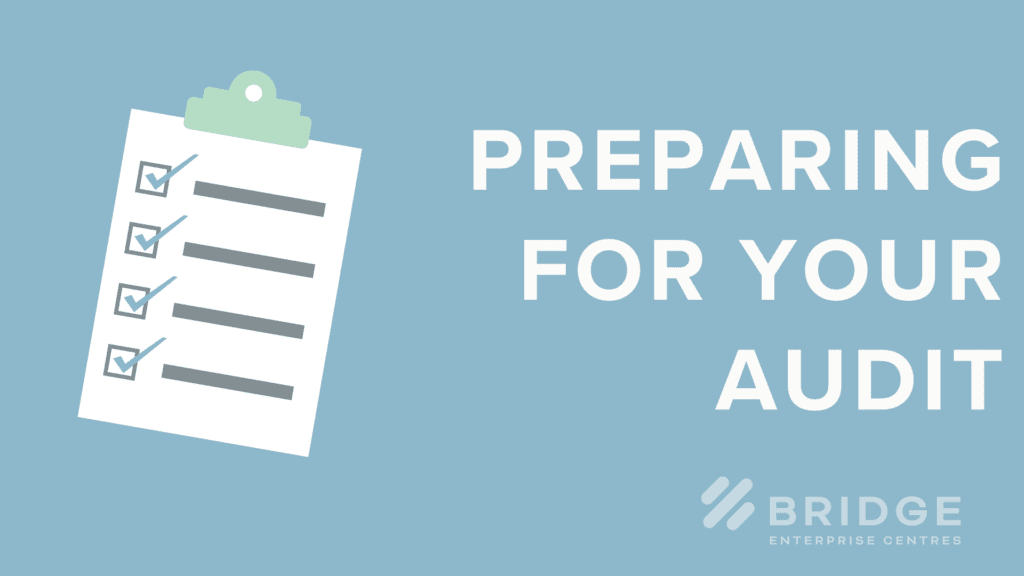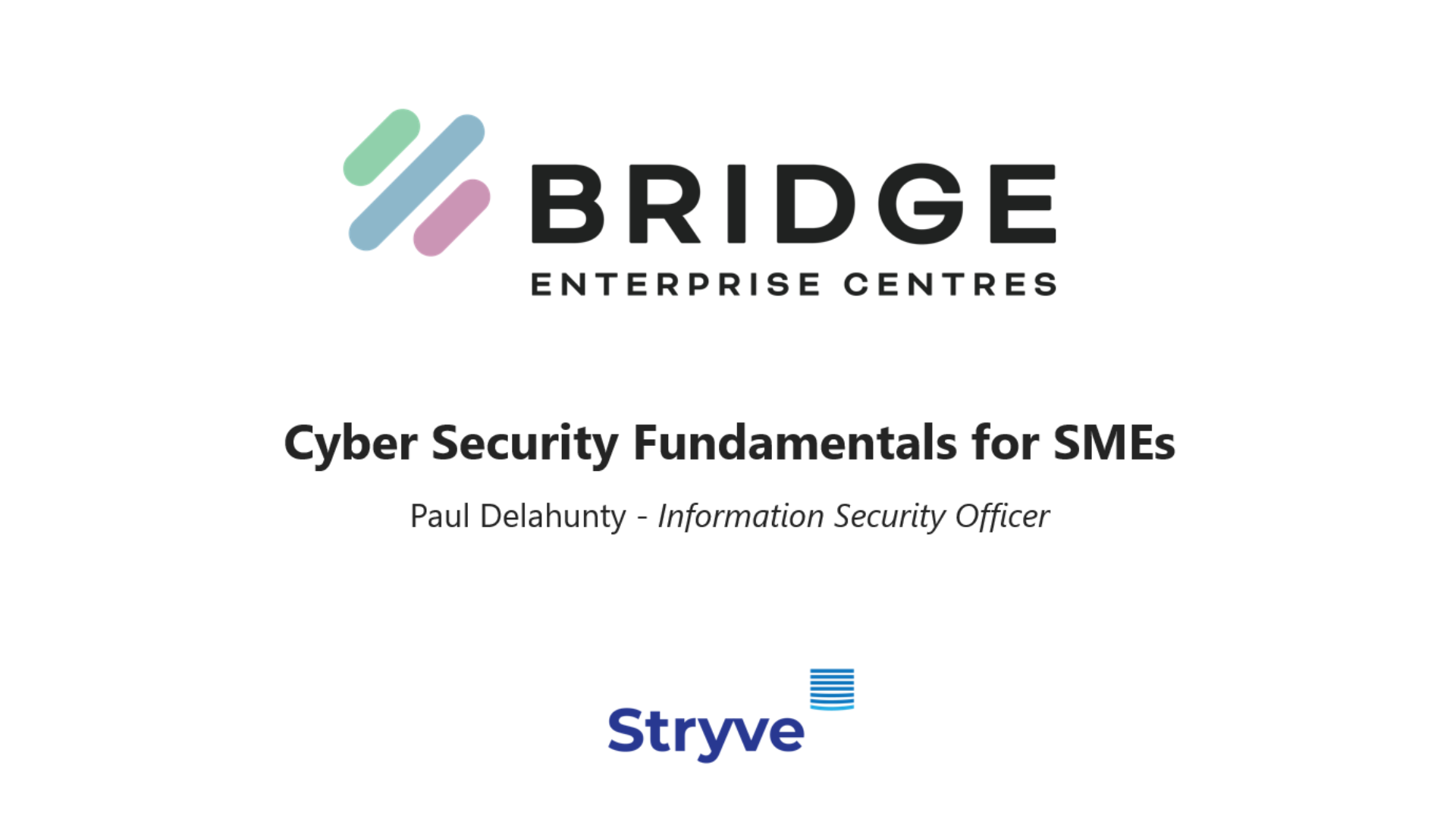
As the year draws to a close, small and medium-sized enterprises (SMEs) across Ireland are gearing up to close their books and prepare for the possibility of an audit. For Irish SMEs, audits are not just a statutory obligation but an opportunity to showcase financial transparency and build trust with stakeholders. To help your business prepare, we’ve outlined a comprehensive year-end checklist to make the audit process smoother and less stressful.
1. Understand Your Audit Requirements
Not all SMEs in Ireland are legally required to undergo an audit and many can actually avail of audit exemptions if they meet specific criteria under the Companies Act, and the EU recently increased the size thresholds for companies and groups which can avail of an exemption. Refer to this article to see if you are exempt. However, even if exempt, some SMEs may still choose to conduct voluntary audits to reassure investors or secure funding. Knowing your company’s requirements is the first step in preparing.
2. Reconcile Your Financial Records
One of the key areas auditors focus on is the accuracy of your financial records. Ensure that:
- Bank accounts are reconciled with statements.
- Debtors and creditors ledgers match with the general ledger.
- All transactions are accurately recorded and backed by supporting documents like invoices, receipts, and contracts
Reconciling your accounts regularly can prevent last-minute surprises.
3. Organise Supporting Documentation
Auditors require detailed documentation to verify your financial statements. Commonly requested records include:
- Sales and purchase invoices
- Bank statements
- Payroll records
- VAT and tax compliance filings
- Fixed asset register
Ensure all these documents are complete, well-organised, and easily accessible. Digital tools like accounting software can be invaluable for tracking and storing this information.
4. Review Compliance with Tax Obligations
You may need to adhere to several tax obligations, including Corporation Tax, VAT, PAYE/PRSI, and Local Property Tax (if applicable). Check that all taxes are filed and paid on time. Any discrepancies can attract penalties and trigger red flags during the audit.
Consider consulting with a tax advisor to review your tax compliance, especially for complex areas like R&D tax credits or cross-border transactions.
5. Assess Internal Controls and Processes
Auditors often evaluate internal controls to determine the risk of fraud or error. Ensure your business has robust systems in place, such as:
- Segregation of duties to avoid conflicts of interest.
- Clear procedures for authorising payments and approving expenses.
- Regular stock counts if your business holds inventory.
Well-documented processes not only aid compliance but also demonstrate professionalism.
6. Prepare Management Accounts
Management accounts, including a profit and loss statement, balance sheet, and cash flow statement, provide a snapshot of your company’s financial health. They also form the basis of your audited financial statements. Review these documents for accuracy and completeness, and address any inconsistencies before submitting them to your auditor.
7. Communicate with Your Auditor Early
Engaging with your auditor in advance can save significant time and effort. Share a draft of your financial statements and discuss any potential issues they might raise. This collaborative approach ensures smoother communication and faster resolution of queries.
8. Plan for the Audit Timeline
Audits can be time-intensive, often taking several weeks depending on the complexity of your business. Plan ahead to allocate sufficient time and resources for the process. Inform your team about deadlines and their roles in providing information to auditors.
9. Stay Updated on Regulatory Changes
Irish SMEs must stay abreast of changes in accounting standards and company law. Ensure your financial statements comply with the latest regulations to avoid complications during the audit.
10. Learn from Previous Audits
If your business has undergone audits in the past, review the findings to identify recurring issues or areas for improvement. Implementing lessons learned can enhance your preparedness and reduce audit risks this year.
Final Thoughts
While preparing for an audit might seem daunting, it’s an essential exercise if you’re aiming to build credibility and financial resilience. By ticking off the steps in this year-end checklist, you can reduce stress, avoid penalties, and foster a culture of accountability within your business.
Start early, stay organised, and embrace the process as an opportunity to refine your operations and set your business up for success in the coming year.
As always, consult your Accountant/Auditor for professional advice.









